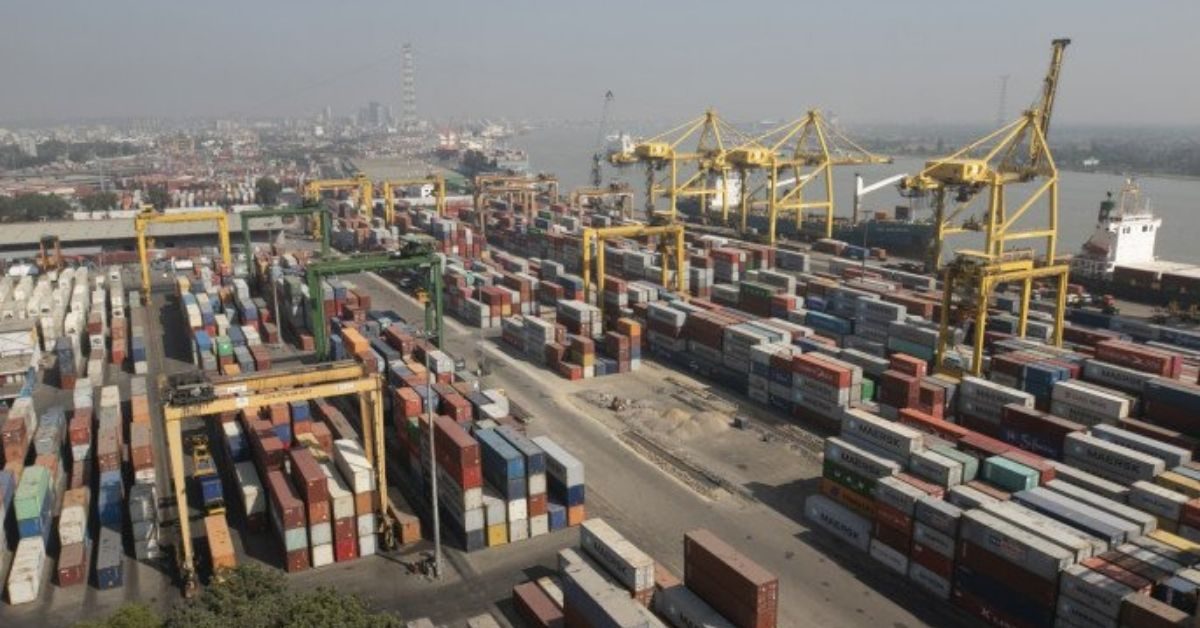Import expenditure is rising for Bangladesh in line with the country’s export earnings — a trend which has continued throughout the first month of this year.
According to latest data by the Bangladesh Bank, the country’s single-month import payments reached nearly $6.50 billion in January 2022.
The settlement of letters of credit (LCs), generally known as actual import, rose by nearly 7% to $6.41 billion in January, up from $6.0 billion in the previous month and $5.54 billion in November 2021.
On the other hand, opening of LCs, generally known as import orders, increased by 11.18% to $6.86 billion in January. It was $6.17 billion in December 2021 and in November 2021, the figure stood at $6.06 billion.
Central bank data shows that from the second half of last year, the international commodity market and the economy started to return to normal after the second wave of Covid-19.
Economists and traders believe that the effect of rising prices in the international market are still affecting trade.
And now, due to the ongoing Russia-Ukraine war, they are now expecting further hikes in the price of imported goods.
“If you notice, the country’s import cost has been increasing since the second shock of Covid-19 was overcome, and it is continuing. But it is a matter of relief that our reserves are still in satisfactory condition,” said Ahsan H Mansur, executive director of the Policy Research Institute (PRI).
“However, I am apprehensive about the Russia-Ukraine war. Commodity prices in the international market may rise further in the coming months. As a result, import costs will also increase. If the war continues for a long time, it will definitely have a big impact on imports,” he added.
A prolonged crisis could have profound effects as rising oil prices will drive up transportation and freight costs, Mansur further said.
AB Mirza Azizul Islam, economist and former finance adviser to a caretaker government, advises traders and the government to consider different destinations for imports.
“The impact of the war on the import-dependent market is greater. In that case, you have to find a different market for the same product. Neighbouring countries should be used as alternative markets for importing goods,” he told Dhaka Tribune.
Actual import of fuel oil dropped by 39.63% to $215.67 million in January from $357.27 million in the previous month.
A senior official of the state-run Bangladesh Petroleum Corporation (BPC) said: “Because of some procedural problems, we could not import adequate petroleum products in January. But in ongoing month [February] the imports of petroleum products increased significantly. And hopefully it will continue until March – mainly due to seasonal impact.”
According to BPC, Bangladesh may spend up to $4.50 billion for importing petroleum products alone by the end of the current 2021-22 fiscal year.
Meanwhile, imports of textile products under back-to-back LC settlements increased nearly 8.0% to $818.42 million in January from $758.33 million a month before, central bank data shows.
However, imports of capital machinery or industrial equipment used for production dropped by over 40% to $361.59 million in January against $606.21 million a month before, the data further shows.
Source : Dhaka Tribune







